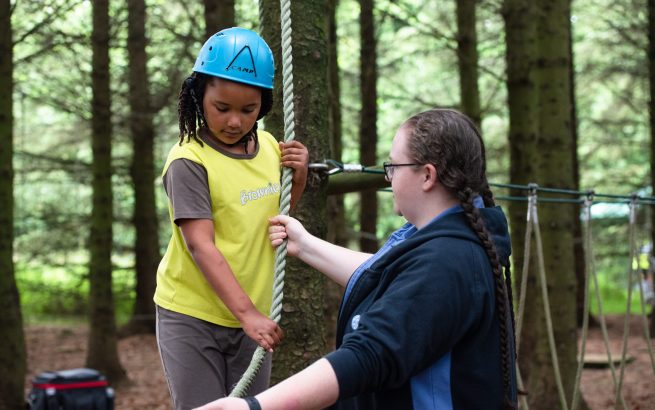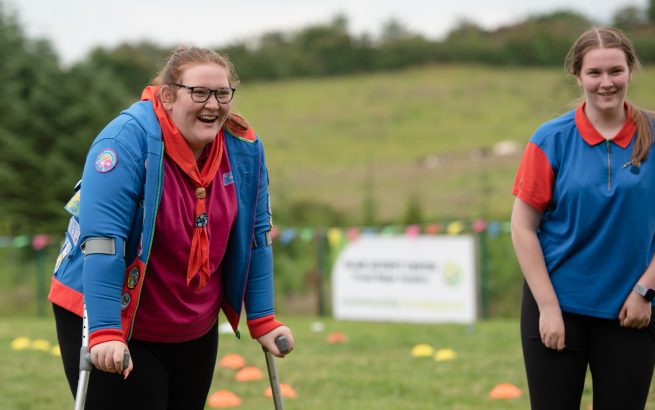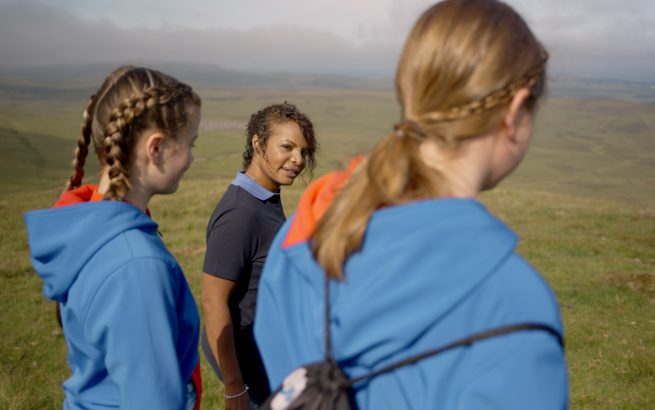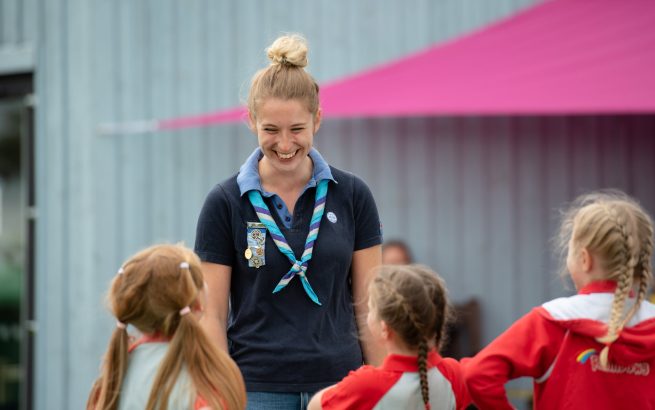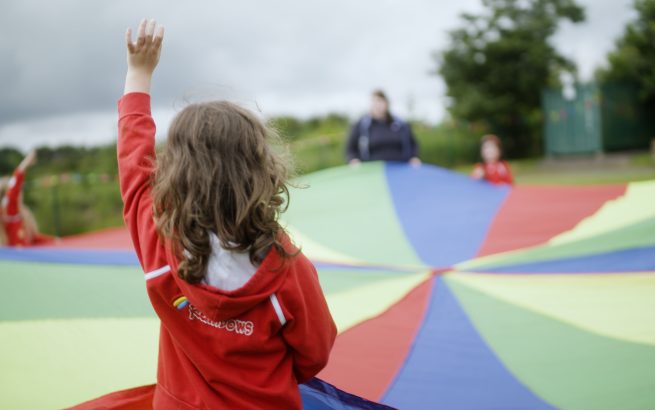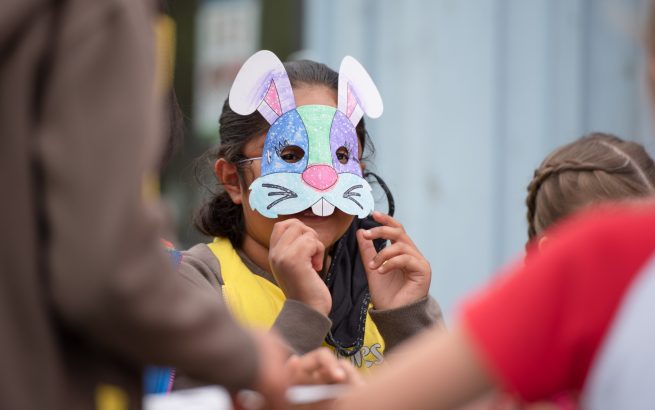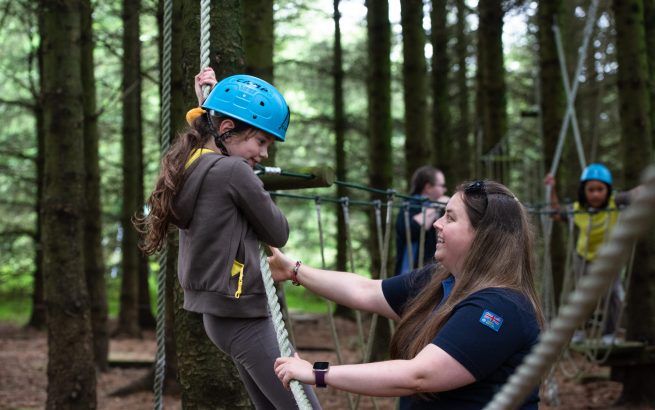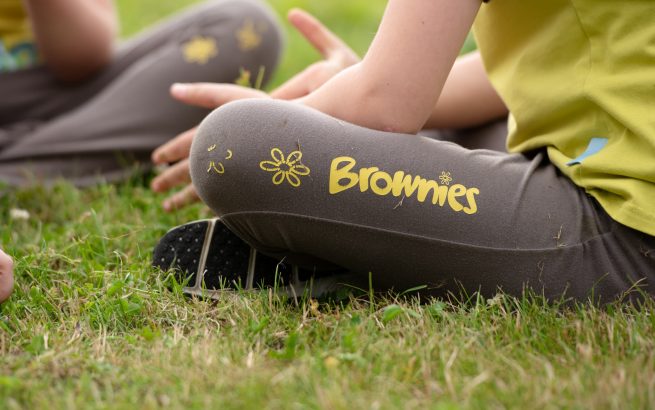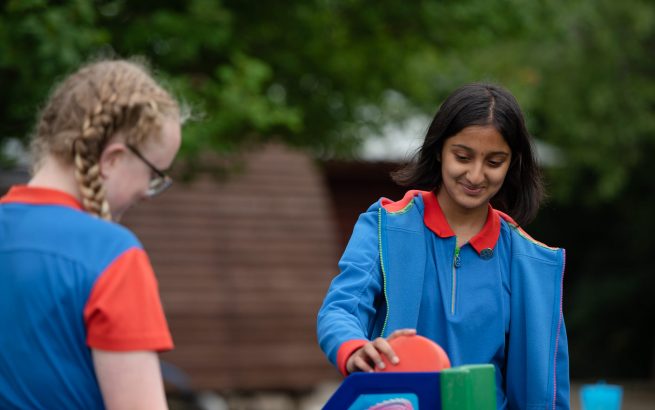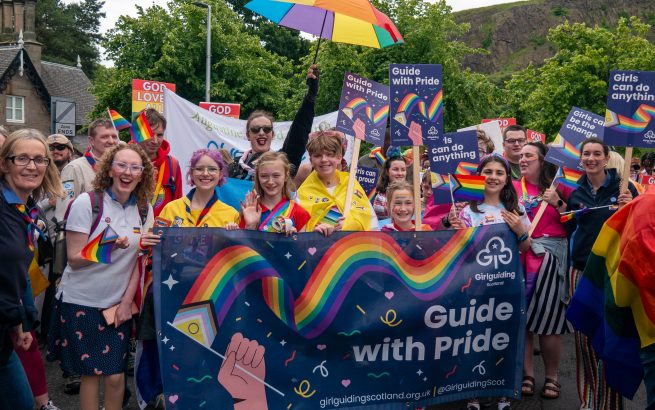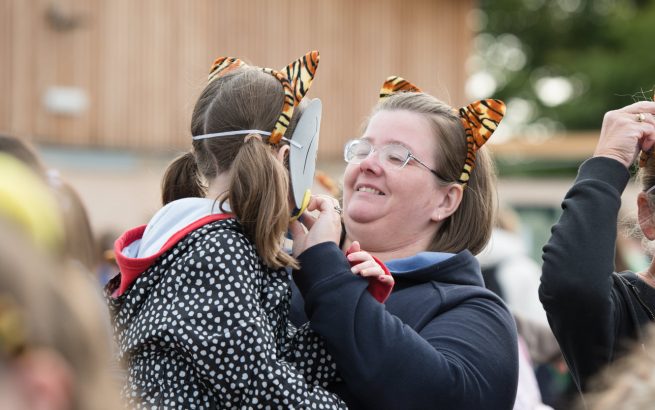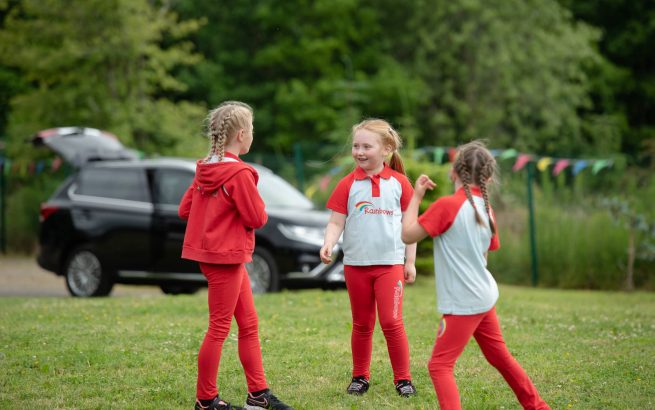Diversity and inclusion at Girlguiding Scotland
We want everyone to feel welcome and included. To help make sure all members receive the same guiding experience we’ve created this hub, which we intend to grow over time, where you’ll be able to find handy resources and advice about diversity and inclusion.
Including all
We want everyone involved in Girlguiding to have a great experience, whoever they are and wherever they’re from. Our commitment for equality, diversity and inclusion is to be a place where everyone is welcome, free to be themselves, and has an equal sense of belonging. Check out our policy on including everyone – whatever their faith, race, culture, nationality or sexual orientation.
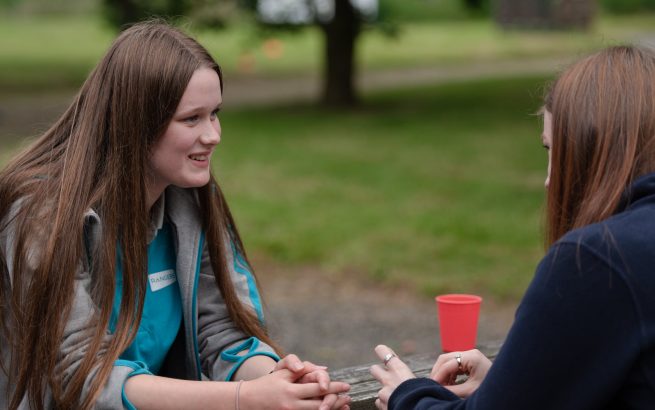

Carers
This section has helpful information on how you can support adult and young carers to be part of Girlguiding in a way that works for them.


